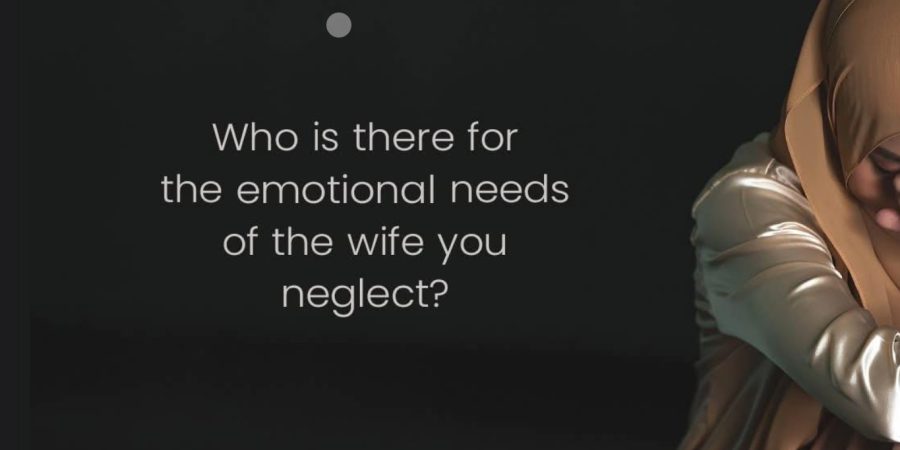One of the most delicate aspects of any committed relationship is knowing how—and when—to correct a spouse. When someone you love is falling short in certain areas, it can be difficult to speak up without triggering defensiveness, conflict, or hurt feelings. But the truth is, every healthy relationship will require moments of honest, constructive feedback.
So how do you do it right?
Start by observing with an open mind. Approach your partner not from a place of judgment, but with a sincere desire to improve the relationship. Speak with humility. Correction should never sound like condemnation. Acknowledge what’s being done right, not just what’s wrong, and offer ideas for what can be done together to make things better. Then, above all, be patient.
But what if you’ve already been doing all of this?
You’re not alone in that feeling. It’s natural to feel discouraged when your efforts don’t bring immediate results. Keep in mind that lasting change takes time—especially when you’re asking someone to unlearn behaviors they’ve carried for years. Patience isn’t passive. It’s active, purposeful, and persistent.
Still, what if you’re just… tired?
That exhaustion is valid. Feeling taken for granted can wear even the strongest heart thin. You may have tried over and over again with love, patience, and understanding—and yet nothing seems to shift. In those moments, it’s important to pause and reflect. Ask yourself: is your patience being appreciated, or manipulated?
Patience should never be an excuse for enduring emotional neglect or abuse. It’s not foolishness, nor is it weakness. It’s a strength—but one that has boundaries.
Every relationship has its seasons, and every person has their limits. If you find yourself at a point where you’ve given all you can and nothing is changing, it’s okay to speak up. Say what you feel. Let your spouse know that something must shift. And if the relationship still doesn’t move in a healthier direction, consider seeking professional help. If that’s not an option, you may need to make the hard—but necessary—decision to stand firm and refuse to be mistreated any longer.
Correcting your spouse isn’t about control. It’s about love, growth, and mutual respect. Just make sure that in the process of helping them grow, you’re not shrinking yourself.


















